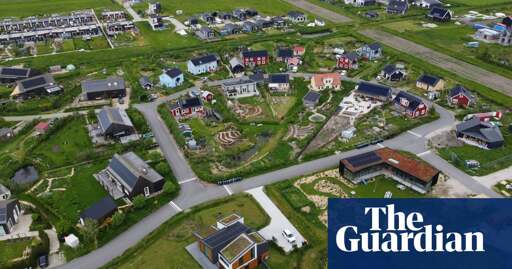Summary
Oosterwold, a Dutch suburb east of Amsterdam, requires residents to dedicate 50% of their property to food production, making it a unique urban planning experiment.
Residents design their own homes, manage infrastructure collaboratively, and grow food in diverse ways, from personal gardens to outsourced farming.
While some succeed, others face challenges due to limited guidance, prompting the creation of a Food Hub to support efforts.
Experts praise Oosterwold’s model for its ecological, social, and economic potential, emphasizing its replicability for sustainable urban development in other regions worldwide.



I initially misread that as residents must grow 50% of their own food, but it’s just that 50% of their property must be growing food, and that’s fantastic.